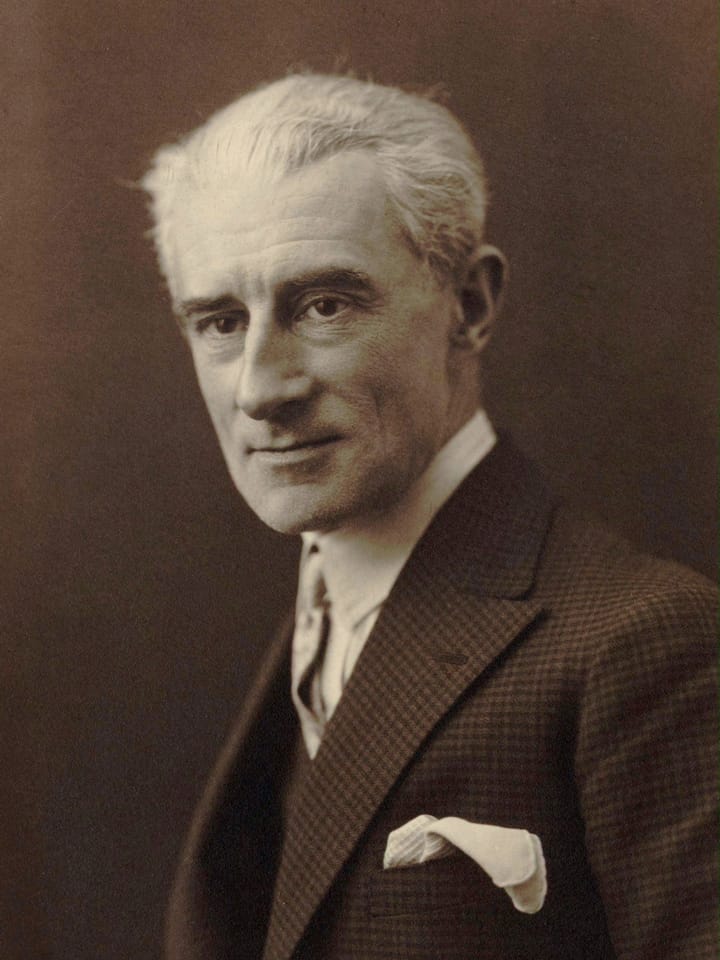A Chopin Liszt
“What else is our life but a series of preludes to that unknown Hymn, the first and solemn note of which is intoned by Death?” —Franz Liszt (as an introduction to Les Préludes)

I was listening to Liszt, Les Préludes (1854) this morning (because it happened to be playing on Symphony Hall). Somehow, it has never sounded to me like a Liszt piece. There are hints of César Franck, and a very strong Berlioz feeling. Franck because of the cyclic nature of the piece nature of the piece (it was, after all, originally conceived as a choral cycle.) Berlioz because of the thematic metamorphoses. Berlioz employed this device in many of his larger-scale works (most notably, the Symphonie Fantastique – a work far ahead of its time).
Returning to Les Préludes; I get the reference to its original inspiration, an overture, or prelude, for Les quatre éléments (the four elements) – a Liszt choral cycle of the same name. Liszt abandoned that notion in one of its early iterations. (The piece was conceived in 1845, but not completely revised into the stand-alone piece that we hear today until 1853-54.)
I do not know what it is, perhaps the orchestration, perhaps the four themes attempt at being interwoven. It may have served Liszt to make it into a four-movement work rather than a tone poem, but what do I know. (The categorization “tone poem,” by the way, was coined as a means of describing Les Préludes – the first tone poem, as it were.) Insofar as I am concerned, Richard Strauss owned the tone poem genre; not necessarily just the ubiquitous opening theme of Also Sprach Zarathustra (thank you, Stanley Kubrick, for ruining a perfectly good piece of music).
Digression alert: I believe that it was 2001: A Space Odyssey (1968, if you can believe that) that popularized the opening of Also Sprach Zarathustra. (The treatise of the same name, by the way, is an interesting philosophical work. It has also been taken out-of-context on far too many occasions; thus, prompting the shunning of the works of Friedrich Nietzsche. (A digression within a digression.)) I remember the Sesame Street vignette for the number 11 using that same theme. In fact, Sesame Street/The Muppets used that bit of music many times.
This is all not to be confused with that other ubiquitous bit of music that is, very much, taken out of context. I speak, of course, of O Fortuna, the opening of Carl Orff’s Carmina Burana. O Fortuna translates literally as, O Fortune (or, more broadly, O Fate). The text reflects the arbitrary nature of fortune. The piece is often heard in situations of great stress or anxiety (high-drama); not even remotely what the ancient text portends.
Indeed, there are the bad times, but there are also the good times – it is a game of chance. Take the title from Dead Can Dance, “Fortune presents gifts not according to the book” from the 16th century Luis de Gongora poem of the same name. That describes the changeable nature of fortune, none of this, something bad or dangerous is imminent. Remember that fortune and fate are interchangeable terms in that respect. A roll of the dice, alas. Another quote from the same work, “When you expect whistles, it’s flutes. When you expect flutes, it’s whistles.” And perhaps my favorite lines, “Because in a village a poor lad has stolen one egg…he swings in the sun, and another gets away with a thousand crimes.”
Back to Les Préludes. I think it is over-orchestrated, too heavy, too muddy. Who am I to say? The piece has withstood the test of time. It is just not one of my go-to-pieces. It does not make me think of the Interjection song from Schoolhouse Rock – so when you’re happy (Hurray!), or sad (Aw!) or frightened (Eek!) or mad (Rats!) or excited (Wow!) or glad (Hey!). I still do not understand the passing reference to the intonation of the Devil (except maybe it is a passing reference to sleeping the sound sleep of death by boredom). To my ear, it is one of those things that people like, and I do not understand how or why (like The Shawshank Redemption; I found that an entire waste of time, but some think it is one of the greatest films ever produced).
And yes, Chopin has nothing to do with this except to provide a punny title.



 Support Us
Support Us
Comments ()